Overcoming Pandemic-Induced Learning Loss
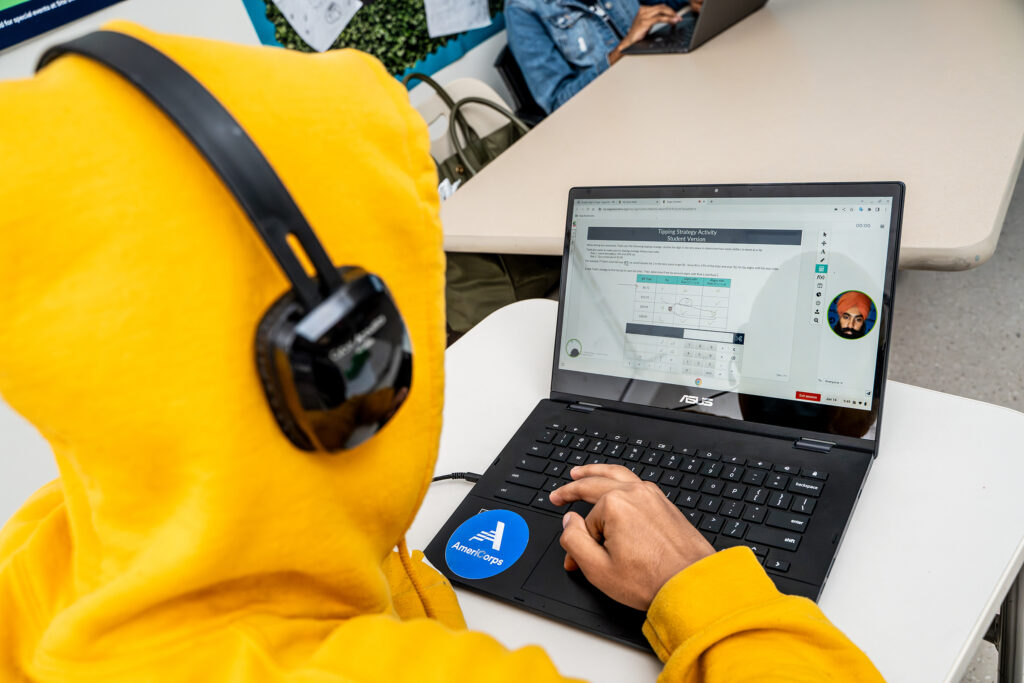
The Education Lab’s faculty co-directors, Dr. Jens Ludwig, professor at the University of Chicago, and Dr. Jon Guryan, professor at Northwestern University, published a paper commissioned by the Aspen Economic Strategy Group (AESG) for its 2023 policy volume, “Building a More Resilient US Economy,” that makes the case for a large-scale tutoring program designed to compensate for pandemic-era learning loss and equalize educational opportunities in the long-term.
Challenge
The COVID-19 pandemic has created not only a once-a-century public health crisis, but also a once-a-century education crisis. Learning losses as a result of the pandemic have been the worst for the most underserved students, including students of color and students from low-income families. And while the nation’s schools have received federal support through Elementary and Secondary School Emergency Relief (ESSER) funding, they need more time to spend down their ESSER funding, more resources than what ESSER provides, and more accountability to ensure that dollars are spent on the hard-to-do things that help students learn the most.
Solution
Fortunately, schools have the opportunity to invest in evidence-based programming that has been shown to rapidly accelerate student learning: tutoring. High-dosage tutoring – an intervention encouraged by the U.S. Secretary of Education Miguel Cardona – can double or triple the amount of learning students achieve per year. The University of Chicago Education Lab, in partnership with the Chicago Public Schools and Saga Education, found that high-dosage tutoring for 45 to 50 minutes a day in school every day improved math test scores equivalent to an additional 1.5 years of learning. And while implementing high-dosage tutoring can be difficult due to cost, schools can adapt these programs to leverage available ESSER funding – without compromising effectiveness.
Opportunity
The solution of high-dosage tutoring provides our government and education systems throughout the nation with a promising roadmap for how to help solve the education crisis. To take advantage of this opportunity, schools must be provided with an extension to spend down federal pandemic assistance. School districts need more resources beyond the initial federal ESSER allocations to help with scaling high-dosage tutoring. And finally, more accountability is needed to ensure that dollars are spent on the hard-to-do things that help students learn the most.
Overview
In this paper, Ludwig and Guryan argue that the futures of American students are at risk due to massive learning losses incurred during the pandemic. Compounding the crisis is the looming September 2024 end date for Elementary and Secondary School Emergency Relief (ESSER) funding—even though the country has made almost no headway addressing learning loss.
To understand where to go next, Ludwig and Guryan first look backward to examine why so little progress was made over the past few years. Changing student learning outcomes requires changing what schools do; such changes have been hard for schools to make partly because of chaos in the wake of the pandemic and because change is generally difficult. Such challenges are explained in the context of one educational intervention known for centuries to help students of all ages: high-dosage tutoring.
High-dosage tutoring is one of the most effective learning technologies ever studied and can be delivered effectively at scale. US Secretary of Education Miguel Cardona encouraged districts to prioritize pandemic relief funding for high-dosage tutoring—but they need more time, more money, and more accountability to make it happen. In the paper, Ludwig and Guryan call on Congress to extend the deadline for ESSER funding allocation and increase the funding available for schools to invest in tutoring. They write about how districts may need a nudge — or even a push — to ensure they follow through on implementing one of the closest things we have (for better or worse) to a “COVID learning loss” vaccine.
This paper was commissioned by the AESG for its sixth annual policy volume, Building a More Resilient US Economy. The book’s eight chapters offer evidence-based solutions to some of the nation’s most pressing economic challenges, like the fiscal imbalance, investing in our future workforce, and navigating global economic shifts. The complete policy volume will be published in November 2023.
As a follow-up to their paper, the Aspen Economic Strategy Group will host an in-person and live-streamed discussion with researchers in early December in Washington, D.C. The event – titled Overcoming Pandemic Learning Loss: Bringing High Dosage Tutoring to Students Nationwide – will include a conversation with Dr. Melissa Kearney, director of the Aspen Economic Strategy Group, Dr. Jens Ludwig, co-director of the University of Chicago Education Lab, and Dr. Nakia Towns, Chief Program Officer at Accelerate – The National Collaborative for Accelerated Learning.
Dr. Ludwig is the Edwin A. and Betty L. Bergman Distinguished Service Professor at the University of Chicago and co-director of the University of Chicago Education Lab. Dr. Guryan is the Lawyer Taylor Professor of Education and Social Policy at Northwestern University’s School of Education and Social Policy and co-director of the University of Chicago Education Lab.
To learn more, contact Sadie Stockdale Jefferson, PhD (ssjefferson@uchicago.edu).
Topics
Project Leads
Jens Ludwig
Faculty Co-Director
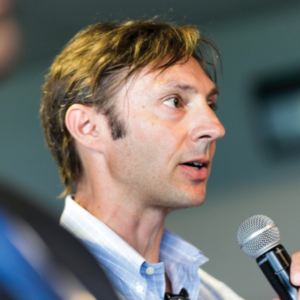
Jon Guryan
Faculty Co-Director

Latest Updates
America’s Students Need an Operation Warp Speed
The Education Lab’s faculty co-directors, Dr. Jens Ludwig, professor at the University of Chicago, and Dr. Jon Guryan, professor at Northwestern University, make the case for a large-scale tutoring program designed to compensate for pandemic-era learning loss and equalize educational opportunities in the long-term.
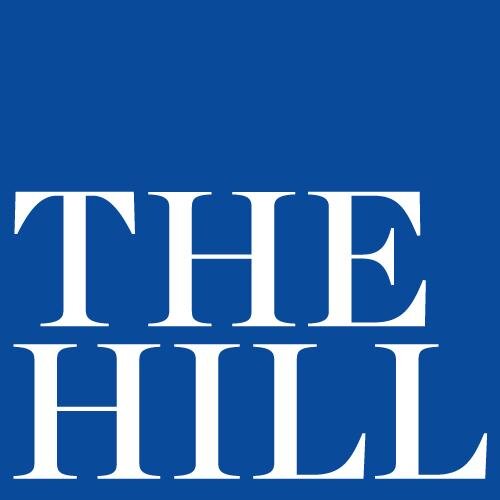
Overcoming Pandemic Learning Loss: Bringing High-Dosage Tutoring to Students Nationwide
The Aspen Economic Strategy Group (AESG) hosted an event related to the publication of a new paper by the Education Lab’s faculty co-directors, Dr. Jens Ludwig and Dr. Jon Guryan, titled “Overcoming Pandemic-Induced Learning Loss.”
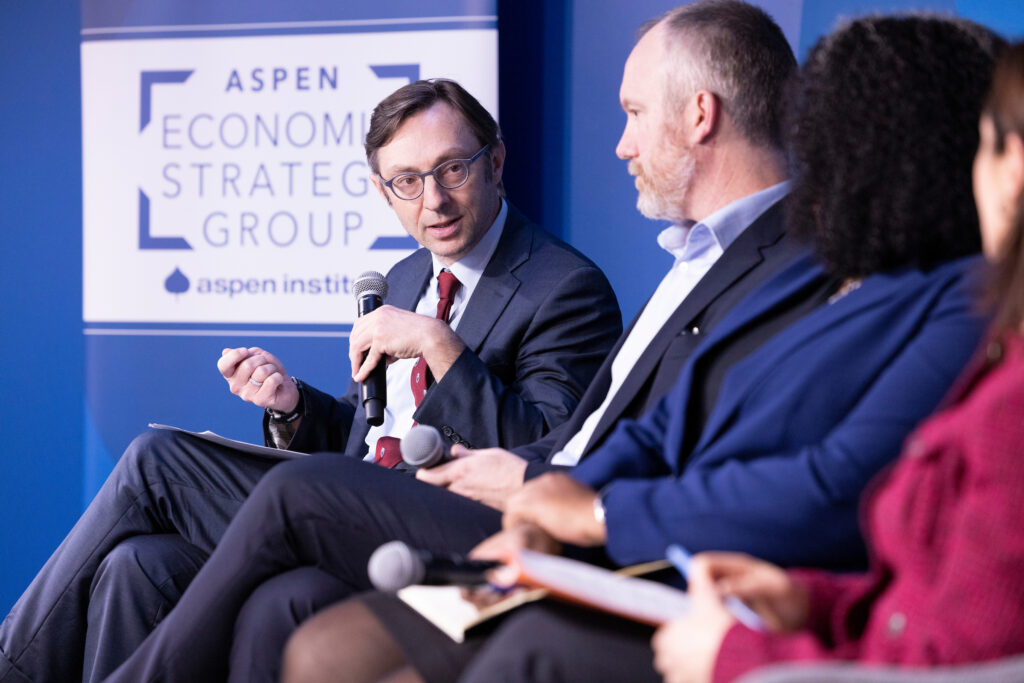
University of Chicago Education Lab and Aspen Economic Strategy Group Publish New Paper on Solutions to U.S. Learning Loss
The Education Lab’s faculty co-directors, Dr. Jens Ludwig, professor at the University of Chicago, and Dr. Jon Guryan, professor at Northwestern University, published a paper commissioned by the Aspen Economic Strategy Group for its 2023 policy volume, “Building a More Resilient US Economy,” that makes the case for a large-scale tutoring program designed to compensate for pandemic-era learning loss and equalize educational opportunities in the long-term.

Addressing the pandemic-era learning loss is critical to the development of the next generation of American workers. If we fail to do this as a country, the learning loss these students experienced during the pandemic will hold them back for years, resulting in lower levels of human capital, earnings potential, and productivity. We owe it to this generation of students to make up for the educational setbacks they were saddled with, and it is in our nation’s economic interest to do so.
Director, Aspen Economic Strategy Group
Changing student outcomes requires changing what schools do. But if America wants to avoid lifelong harm to the current generation of 50 million school-age children, we have no option but to change course. We know that there are a few promising strategies to overcome learning loss, like high-dosage tutoring. Now, we need to scale them.
Edwin A. and Betty L. Bergman Distinguished Service Professor, University of Chicago, and Faculty Co-Director, University of Chicago Education Lab
School districts have struggled to make progress remediating pandemic learning loss, and they haven’t received the support needed to make progress at scale. Pulling their federal funding at the end of the 2023-24 academic year would be like calling it quits before the real work even begins.
Lawyer Taylor Professor of Education and Social Policy, Northwestern University’s School of Education and Social Policy, and Faculty Co-Director, University of Chicago Education Lab
Partner
Aspen Economic Strategy Group (AESG)
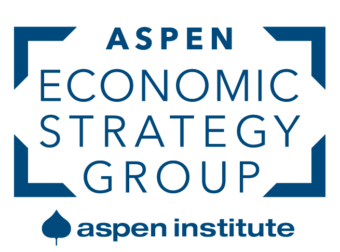
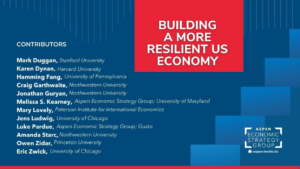
Overcoming Pandemic-Induced Learning Loss
The Education Lab’s faculty co-directors, Dr. Jens Ludwig, professor at the University of Chicago, and Dr. Jon Guryan, professor at Northwestern University, published a paper commissioned by the Aspen Economic Strategy Group for its 2023 policy volume.
